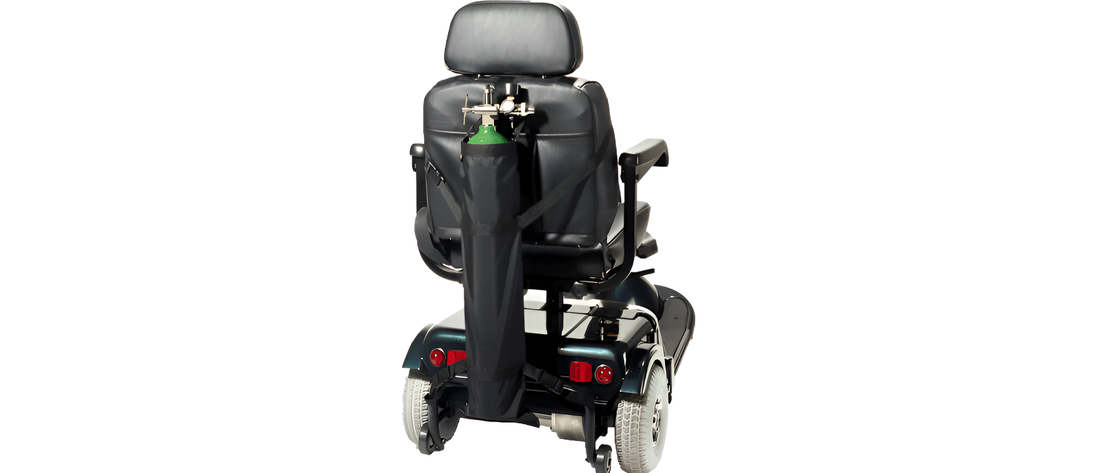If you have a loved one with mobility issues, a disability, or special needs and you are in the process of determining the best living situation and solution for them, we have some helpful tips, resources, and things to consider.
What are Housing Options for Adults with Special Needs?
There are plenty of excellent independent living solutions available to those with special needs. Many people with disabilities live with caregivers or family members, but some choose to call upon supportive and assisted facilities/homes. The ideal type of environment depends significantly on the person’s age and their specific needs. Here are a few living options for disabled adults:
- Section 8 Housing: The United States Department of Housing and Urban Development (HUD) offers financial aid to disabled citizens and low-income households that can’t afford rent through the Section 8 Housing Choice Voucher Program. Those eligible for this program can receive vouchers to pay their monthly rent and live in Section 8 units on their own in the community.
- Supportive Housing: Another option is to move into a supportive living home and join other people living with special needs. Depending on their needs, residents may live in the community without assistance or have access to qualified staff who can assist them with daily activities if needed.
- Assisted Living Facilities: Many older adults transition into assisted living facilities where they can still live independently in their own apartment while having access to non-skilled care. Some communities offer special treatments for those with Alzheimer’s Disease, dementia, or other memory-related conditions.
- Living with Family: This is among the most popular options for adults with disabilities, as it can be overwhelming and challenging to transition to another housing arrangement. Many times, parents or family members have become skilled primary caregivers who can offer the best care for their loved ones.
5 Tips for Living Independently with a Disability
A disability doesn’t define someone. Although it may come with certain limitations and unique challenges, they can still enjoy the freedom and satisfaction of living independently in their home. With advanced technology, decades of research, and trial and error, it’s much easier to live an autonomous life now than it was in previous years. Here are five tips for living independently with a disability:
1. Modify the Home
One of the most important tips for living independently with a disability is to make the necessary alterations to the home that they will be living in. These changes must coincide with their individual needs. Overall, these modifications should make everyday life a little easier.
Some common adjustments include:
- Removing carpet or rugs
- Installing shower, tub, and toilet grab bars
- Add a roll-in shower or tub
- Widen doorways and hallways to accommodate mobility devices
- Install stair lifts and wheelchair ramps
- Eliminate clutter and rearrange furniture to ensure a clear pathway
- Lower certain surfaces (bed, kitchen, and bathroom sinks, etc.)
- Install additional lighting fixtures
- Post important and emergency contacts somewhere visible in case they need assistance
2. Build a Support System
Independent living doesn’t necessarily mean that they can or should do everything on their own. They need a solid support system in their life filled with people who care about them and their well-being. Whether it’s a home care aid, a family member, friend, or the staff at their independent living community, it’s essential to maintain close connections with others. You’ll find comfort in knowing that help is close by if they need it. There’s nothing wrong with asking for help.
3. Have them Pick a Hobby (or Two)
Whether it’s a particular sport, an online class, volunteering, or going for a daily walk, hobbies play a crucial role in people’s lives. When they find something they love to do, they’ll enjoy life that much more. It’s a great way for those with special needs to let off steam and stay mentally and physically active.
4. Find Financial Assistance
You can easily find financial help for them if you or they need it. The Social Security Administration (SSA) offers Social Security and Supplemental Security Income disability programs to benefit those with special needs. Depending on your state, you can also qualify for free Medicaid coverage, which will give you the health insurance you need to cover your medical expenses.
5. Maintain a Positive Attitude
Although it’s much easier said than done, try not to dwell on their disability and focus on what they can do rather than what they can’t. Help them set realistic goals and try your best to keep their head up despite their circumstances. Disabilities and special needs do not mean that your loved one can’t have a fulfilling life. If you’re patient and believe that their life has a unique purpose, you can take on each day with a smile.

